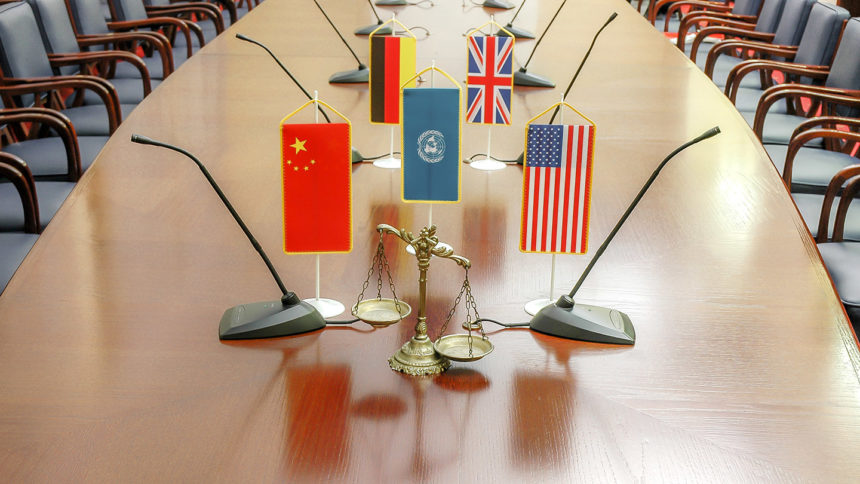
LeadingAge has joined five other national aging-related organizations calling for the adoption of a United Nations Convention on the Rights of Older Persons.
In a letter to U.S. Ambassador to the U.N. Linda Thomas-Greenfield, LeadingAge President and CEO Katie Smith Sloan, who also is executive director of the Global Ageing Network, and others urged the United States to support the adoption of the convention to “properly ensure that aging with dignity is a right, not a privilege.”
“Elevating the protection of the rights of older adults with a U.N. Convention, as the rights of children and persons with disabilities have been, is overdue,” Sloan told McKnight’s Senior Living. “There’s no time like the present to right that longstanding wrong, as countries worldwide are navigating their management of COVID-19, which has disproportionately impacted older adults.”
In the United States, Sloan said, the share of older adults aged 65 or more years will increase from 16% of the population to 21.6% by 2040. Other countries, such as Japan and Germany, have surpassed those percentages already.
“Adopting a U.N. Convention for the Rights of Older Persons will bring us all one step forward toward ensuring older adults’ rights, protection and ability to age with dignity — wherever they call home,” she said.
Other leaders signing the letter were from the National Council on Aging, National Association of Nutrition and Aging Services Programs, HealAge USA, Grantmakers in Aging and the American Society on Aging.
In the United States, they wrote, many older adults are subjected to discrimination, abuse and other forms of ageism in healthcare settings and in the workplace.
“They may be stripped of their right to make decisions about matters directly affecting them and can be compelled to live in settings that deny them autonomy and choice,” the letter reads. “A convention would codify the rights of older adults in a single document, helping to both empower and protect these populations.
Ageism compounds other forms of individual discrimination and increases structural and systemic inequities, the leaders wrote. Not having a convention on the rights of older adults, they added, undermines all other conventions, including the Convention to Eliminate All Forms of Discrimination Against Women and the Convention on the Rights of Persons with Disabilities.
Their letter was sent as the Ministerial Conference on Ageing meets in Rome this week to mark the 20th anniversary of the adoption of the Madrid International Plan of Action on Ageing and its Regional Implementation Strategy.
The signers said a U.N. Convention would require that ratifying nations adopt laws, policies and practices to combat ageism and discrimination while promoting equity and autonomy for older adults.




